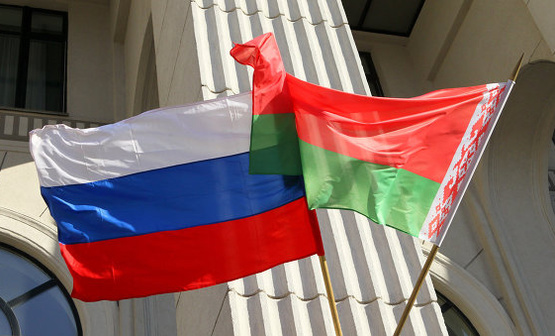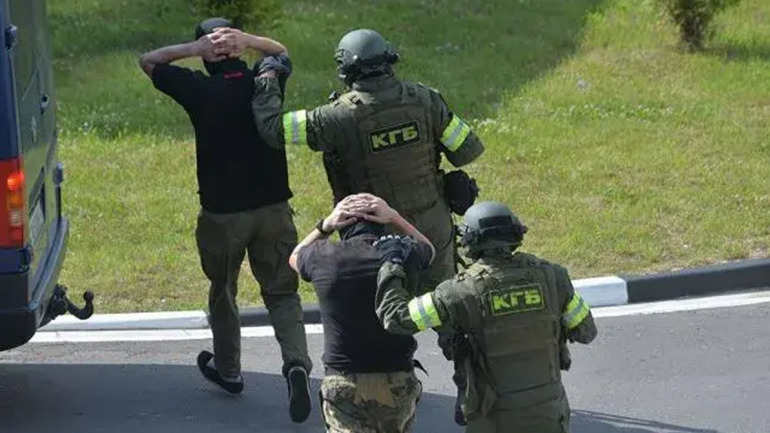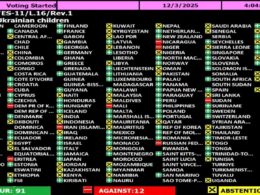In what appears to be a response to Alyaksandr Lukashenka’s recent declaration that Belarus will never become the northwestern part of the Russian Federation, a Moscow journalist says Belarusians must vote this year to become just that or face “the liquidation” of their country and “the fate of Ukraine.”
In the Moscow business newspaper, “Vzglyad,” Eduard Birov says that it is time for Lukashenka to hold a referendum that will open the way for his country to be united with Russia. If that doesn’t happen, the journalist adds, “Belarus in its current form will be liquidated.”
The need for Belarus to take this step is “not some caprice of Putin but an objective necessity” in a world where smaller countries must make a clear choice between being part of Russia or being swallowed up by the West. Lukashenka understands this, Birov says, and must now act on it by agreeing to a referendum this fall on the future of Belarus.
Valery Karbalevich of Radio Liberty
’s Belarusian Service suggests that this Moscow article is “very indicative” of the attitudes of many in the Russian capital not only about Belarus but about the nature of the world, attitudes Kremlin propaganda promotes and now apparently believes.
“Russian media in connection with the Ukrainian crisis,” Karbalevich says, “have devoted great efforts for creating political myths with the goal … of justifying the current policy of the Kremlin.” What is both surprising and disturbing is that, as Birov’s article suggests, they have begun to believe their “own myths.”
The Belarusian broadcaster notes that “the leitmotif of the entire article is the demonization of the West as the absolute evil which is opposed to absolute good, that is the Russian Federation” and the related notion that individuals and entire countries must choose which side they are going to be on.
From Birov’s point of view, “the current international system in the region recalls that on the eve of World War II. Then in expectation of a military confrontation, the USSR and Germany divided Central Europe between themselves, depriving the small countries of sovereignty and unifying them with themselves.”
“Now all this is being repeated,” Karbalevich says, and it is being justified by the notion that “if we do not seize them, they – that is, the West, will.”
Birov’s logic “is interesting: if Russia liquidates Belarus, this is good, but if the West does the same thing, this is bad. But ‘the subordination to the West,’ which Eduard Birov threatens is not the liquidation of statehood; and why such subordination would be worse for Belarus than unification with Russia, the author does not explain.”
Birov has “no doubt” that the Belarusians would vote for unity with Russia, but he is almost certainly wrong at least if the votes are cast and counted honestly. According to the latest polls, only 26.3 percent of Belarusians would vote for unity with Russia, while 48.9 percent would vote against.
Clearly, Karbalevich says, people in Moscow don’t know much about Belarus despite viewing it as their “closest ally.” And he adds, “it is interesting that in Russia there are dozens of analytic centers but almost none of them focuses on the special study of Belarus. The reason? It is the very same ‘Russian world.’
What he doesn’t say but with justice could is the situation in the West is almost as bad: There are very few centers or scholars there either working on a country that occupies some of the most geopolitically important territory in Europe: as a glance at a map will show, a line between Moscow and Berlin doesn’t go through Ukraine as many think but through Belarus.





